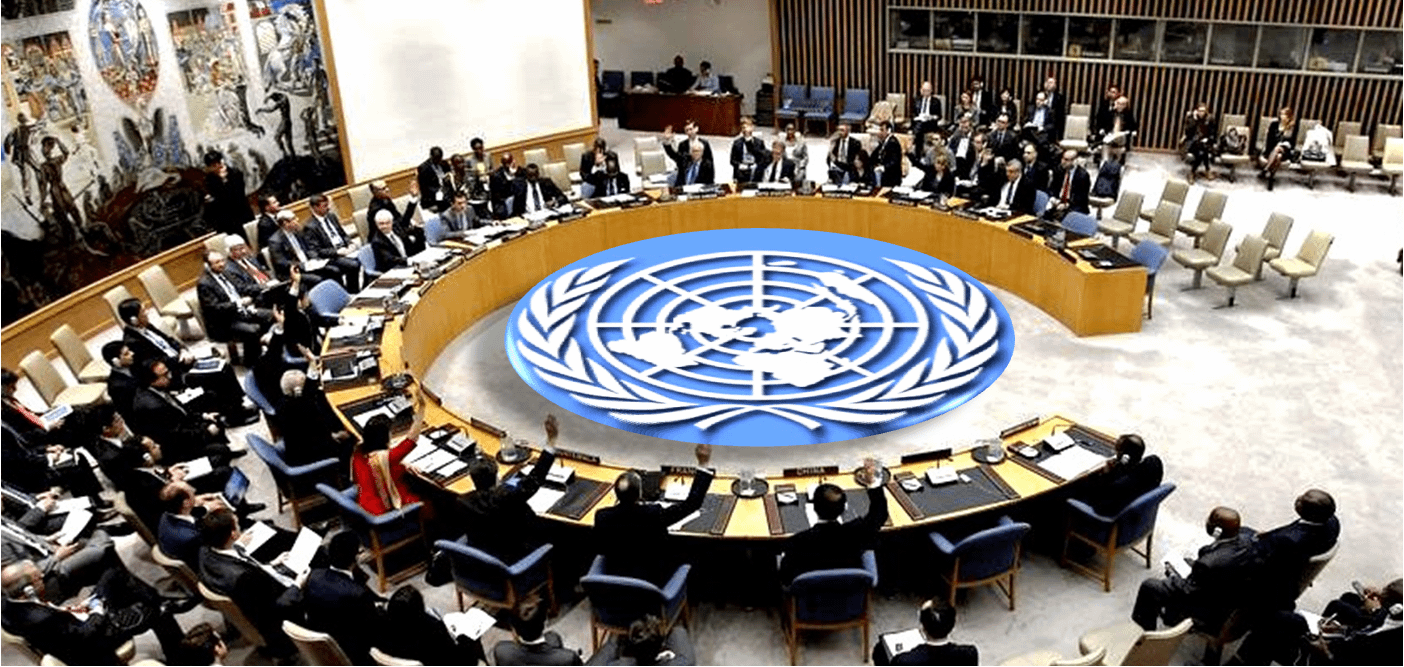
In a single round of voting on Friday, the United Nations General Assembly elected the Dominican Republic among five new non-permanent Members of the Security Council, which will each serve two-year terms on the body that sets the UN’s whole peace and security agenda.
The UN said Germany, Indonesia, South Africa and Belgium will join the Dominica Republic in taking up their seats on January 1, 2019.
 They will fill the seats being vacated by Bolivia, Ethiopia, Kazakhstan, Netherlands and Sweden at the end of this year, having each served two-year terms on the 15-member Security Council.
They will fill the seats being vacated by Bolivia, Ethiopia, Kazakhstan, Netherlands and Sweden at the end of this year, having each served two-year terms on the 15-member Security Council.
Under the UN Charter , the Security Council has the primary responsibility for international peace and security, with, all UN Member States, including those in the Caribbean, required to comply with Council decisions.
The UN said the Security Council’s 10 non-permanent seats, are allocated according to a rotation pattern set by the Assembly in 1963, “to ensure fair regional representation on the Council”: five from African and Asian and Pacific States; one from Eastern Europe; two from Latin American and Caribbean States [Group of Latin American and Caribbean States, or GRULAC]; and two from Western European and Other States (WEOG).
Belgium and Germany; the Dominican Republic, and South Africa, ran unopposed from their respective regional groups, while Indonesia secured its place following a run-off with the Maldives for the Asia-Pacific Group seat, the UN said.
This will be the Dominican Republic’s first time on the Security Council, with the other four countries having previously served on the body.
The other five seats on the Council – known as permanent seats – are held by China, France, Russia, the United Kingdom and the United States.
The Council is composed of 15 Members: Five permanent members and 10 non-permanent members elected for two-year terms by the General Assembly.
The UN said more than 60 Member States have never been members of the Security Council.
“A State which is a member of the United Nations but not of the Security Council may participate, without a vote, in its discussions when the Council considers that country’s interests are affected,” the UN said.
“Both members and non-members of the United Nations, if they are parties to a dispute being considered by the Council, may be invited to take part, without a vote, in the Council’s discussions,” it added. “The Council sets the conditions for participation by a non-member State.”
Advertise with the mоѕt vіѕіtеd nеwѕ ѕіtе іn Antigua!
We offer fully customizable and flexible digital marketing packages.
Contact us at [email protected]
















